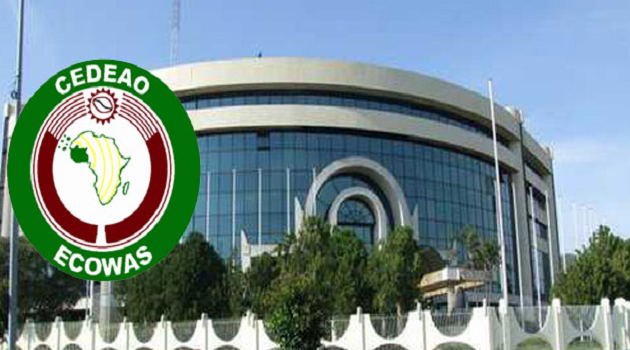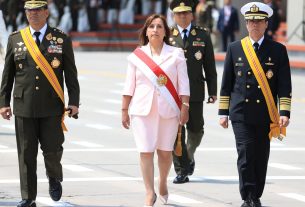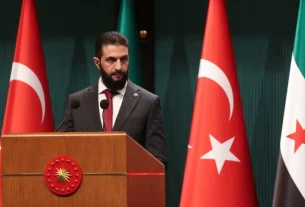From Isaac Anumihe, Abuja
Economic Community of West African States (ECOWAS) yesterday, said that Africa accounts for only 2.4 per cent of global Gross Domestic Products (GDP) and that the continent has approximately 30 per cent of the earth’s remaining mineral resources.
In his presentation at a one-day workshop for journalists, organised by AfCFTA in Abuja, a consultant to the ECOWAS Common Investment Market (ECIM), Professor Jonathan Aremu added that Africa also has the largest reserves of precious metals with over 40 per cent of the gold reserves, over 60 per cent of cobalt and 90 per cent of platinum reserves.
However, Nigeria’s potential to become a major player in the global economy, by virtue of its market size, human and natural resource endowments, has never been in doubt but this potential has remained relatively untapped over the years.
To this extent, African Continental Free Trade Area (AfCFTA), the first in the series of the African Economic Community (AEC) economic integration initiative, provides an opportunity for expanded market for goods and services for Nigerians by building on progress achieved through similar Free Trade Area (FTA).
For him, the experience Nigeria has gained from Economic Trade Liberalisation Scheme (ETLS)–the regional FTA- becomes an important platform for her in the implementation of AfCFTA towards her economic diversification, export expansion and competitiveness towards sustainable growth, creation of sustainable jobs and reduction of poverty, as well as industrialisation.
“Nigeria has been playing prominent roles in the historical development of African economic integration since the beginning up till the current AfCFTA of today. When the OAU was established on May 25, 1963, Nigeria was among the 30 out of the 32 independent African States’ founding fathers. However, there were sharp differences over what appropriate roadmap the continental unification should follow: Some revolutionary states such as Ghana, Guinea, Algeria, Mali, Egypt among others wanted a more radical approach that would lead to the formation of a United States of Africa; while other more moderate governments advocated for a gradualist roadmap that would not threaten the existing ties with former colonial masters and their institutions in the various countries” the consultant, said.



